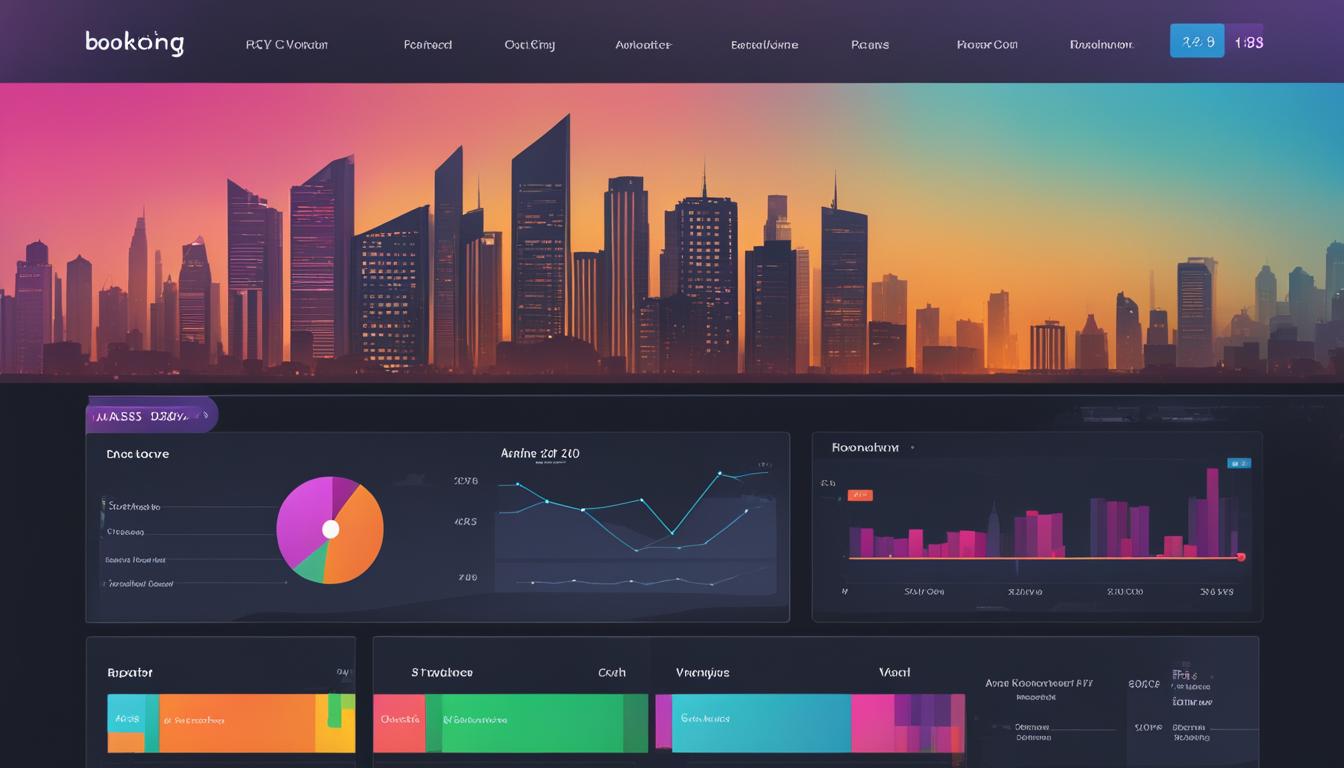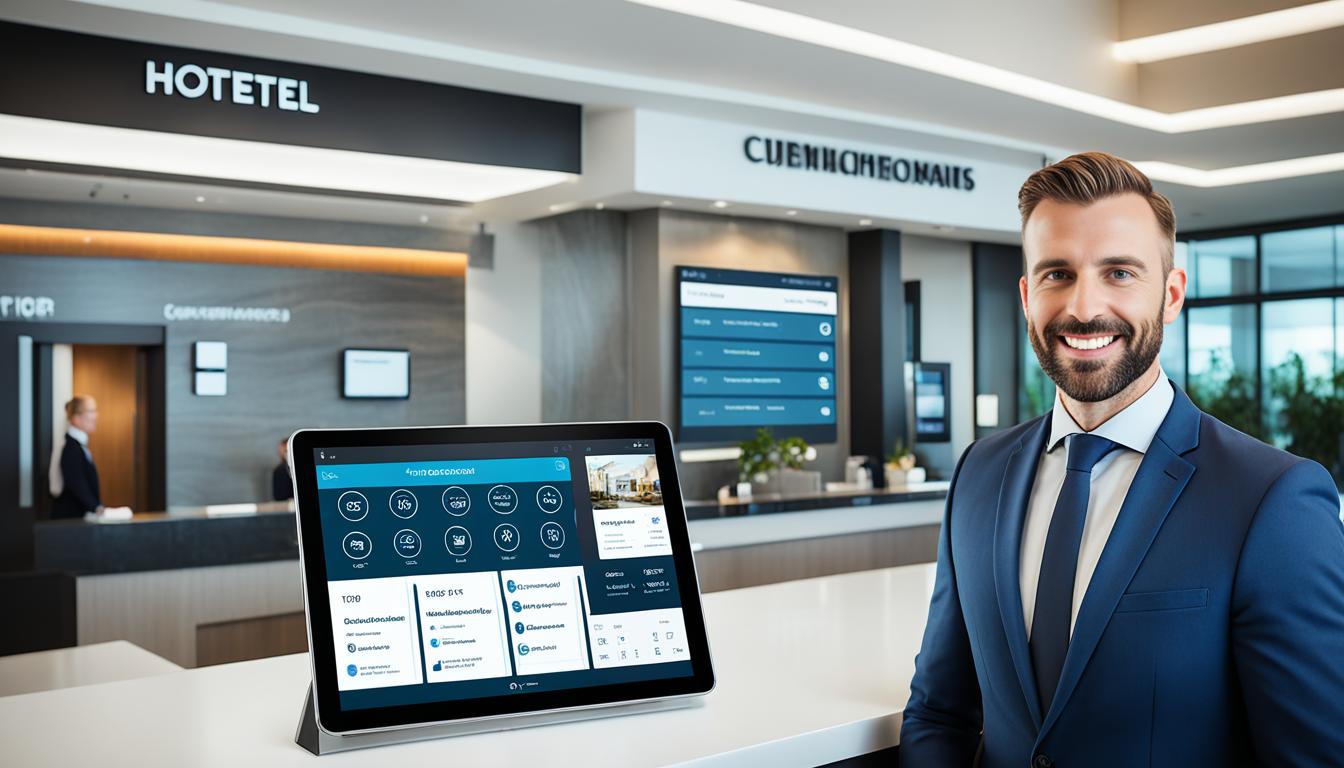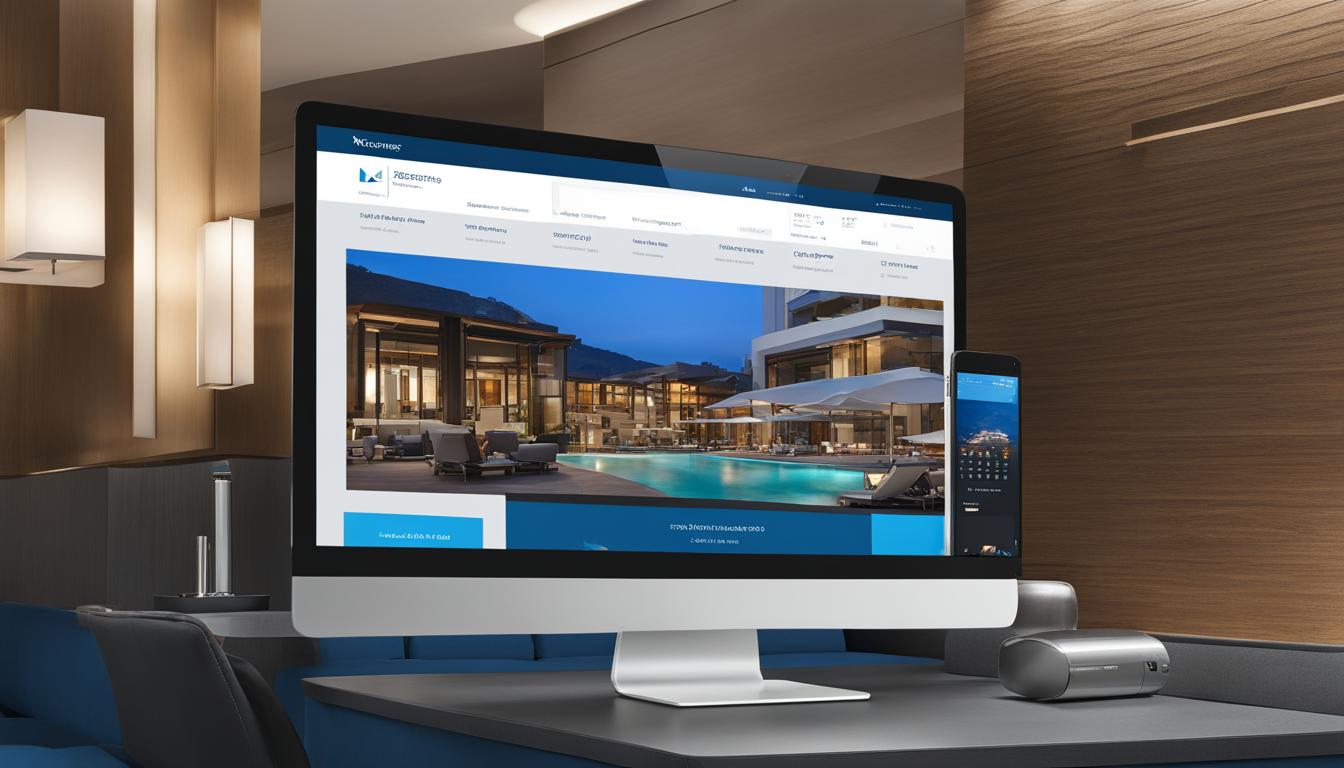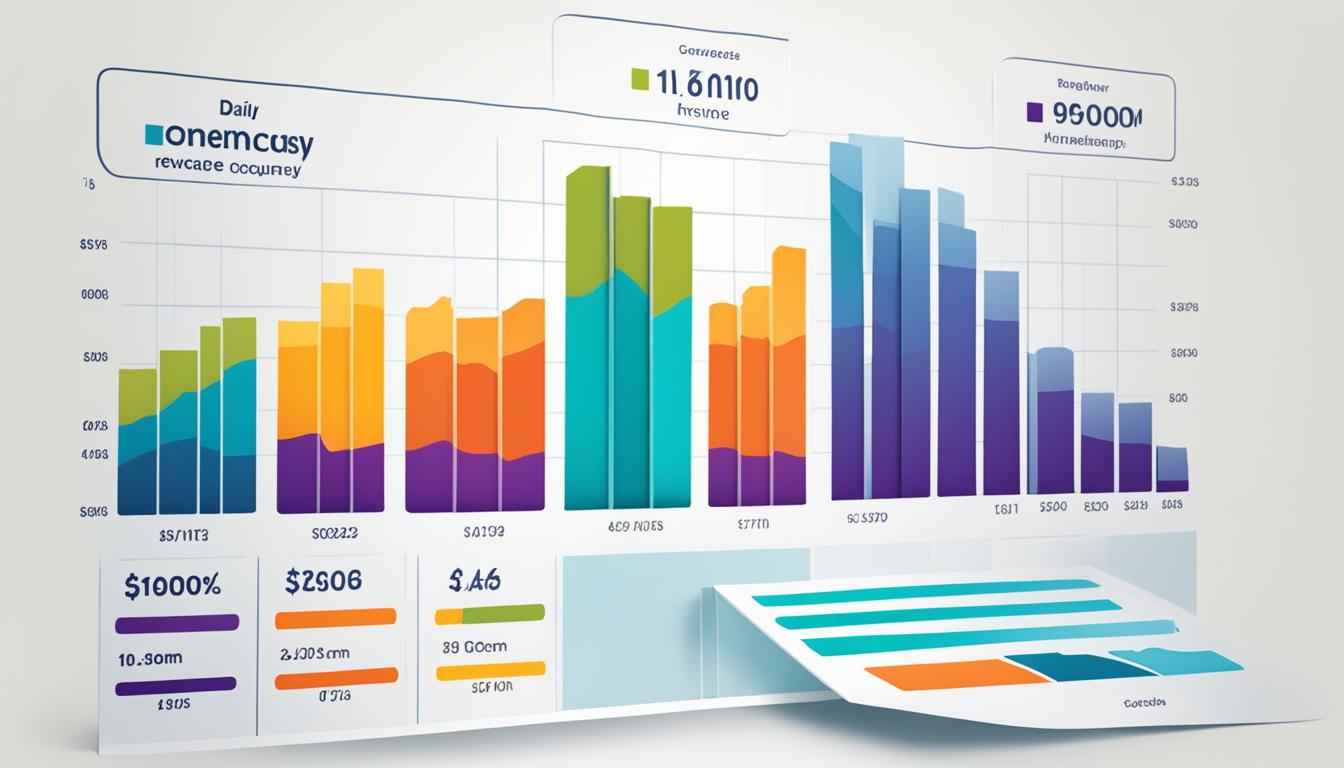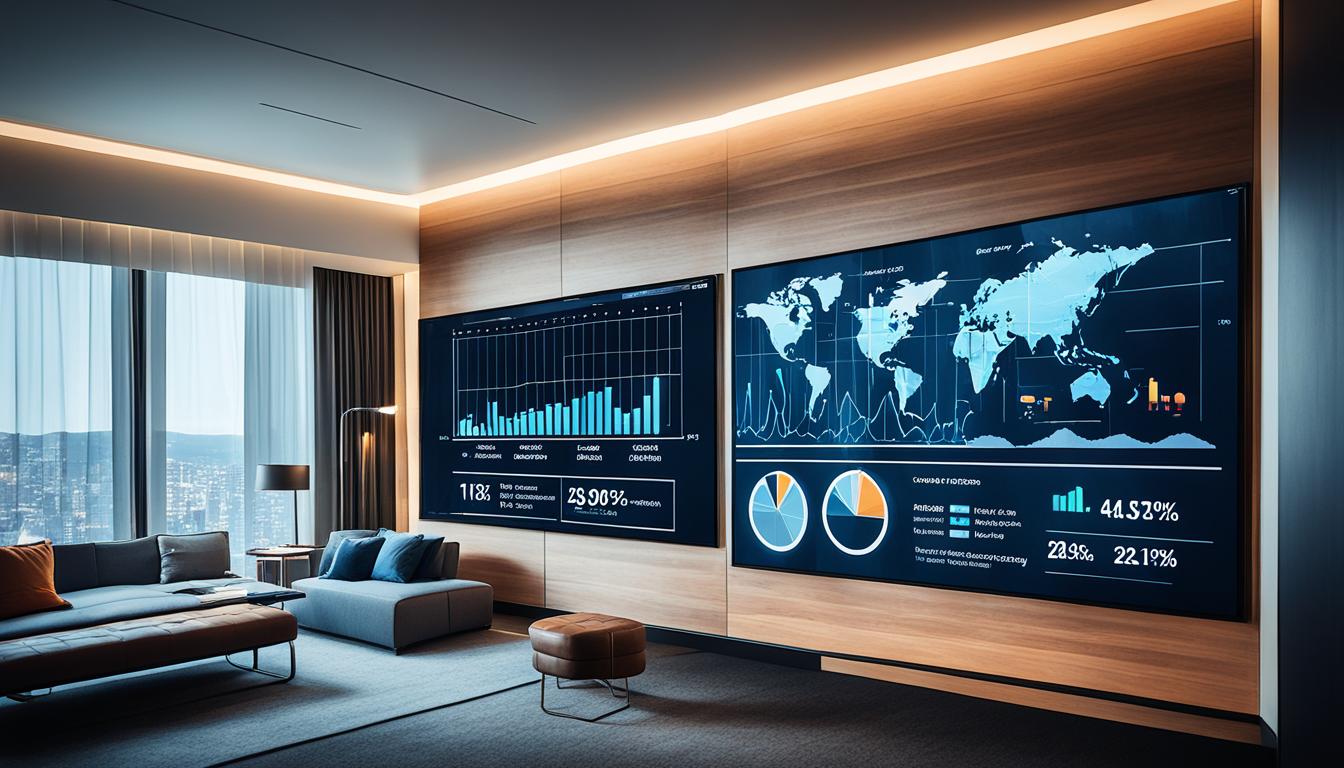Welcome to the world of hotel booking engine management, where data analytics is transforming the way hotels operate and engage with their customers. In an industry driven by customer satisfaction and revenue growth, leveraging data analytics has become an essential tool for hoteliers to stay ahead in the competitive market.
At the core of booking engine management lies the hotel booking engine, a software that drives the reservation process. By analyzing vast amounts of data, hoteliers can gain valuable insights into customer behavior, demand patterns, and pricing strategies, enabling them to make informed decisions and optimize performance.
In this article, we will explore the role of data analytics in effective booking engine management and how it can enhance revenue growth and customer satisfaction. We will also introduce you to PlanetHMS booking engine, a leading software solution that harnesses the power of data analytics to help hotels maximize their booking efficiency and increase revenue.
Join us on this journey as we uncover the potential of data analytics in transforming hotel operations and revolutionizing the guest experience. Together, we will explore the best practices and strategies for effectively managing a hotel booking engine and leveraging data-driven insights for smarter revenue growth and higher customer satisfaction.
Understanding the Hotel Booking Engine
A hotel booking engine is a vital piece of software that plays a crucial role in the hospitality industry. It serves as a powerful tool for hotels to manage their online reservations efficiently and effectively. By providing an intuitive and user-friendly platform for guests to book rooms directly on a hotel’s website, a booking engine simplifies the reservation process and enhances the overall guest experience.
The functionalities of a hotel booking engine go beyond just accepting online bookings. It allows hoteliers to manage room inventory, set pricing and availability, track reservations, and generate reports for analysis. This software integrates seamlessly with a hotel’s website, ensuring a smooth and time-saving experience for both guests and hotel staff.
With an efficient booking engine, hotels can streamline their operations, enabling faster and more secure bookings. It eliminates the need for manual data entry or phone reservations, saving time and reducing errors. Additionally, a robust booking engine enables real-time updates on room availability, ensuring that guests can make informed decisions based on accurate information.
An effective hotel booking engine is not only an essential tool for managing reservations; it also serves as a valuable marketing asset. Through a booking engine, hotels can showcase their amenities, room types, and promotional offers, enticing guests to book directly on their website rather than through third-party travel agencies. This direct booking strategy helps hotels eliminate commission fees and maintain higher profit margins.
To showcase the importance of a hotel booking engine and its impact on revenue growth and customer satisfaction, let’s examine the functionalities and benefits of the PlanetHMS booking engine, the leading software solution in the industry.
With the PlanetHMS booking engine, hotels can harness the power of data analytics to optimize their revenue and provide personalized experiences to guests. In the following sections, we will explore how hotels can leverage data analytics and make data-driven decisions to maximize revenue and enhance customer satisfaction.
Introducing PlanetHMS Booking Engine
PlanetHMS booking engine is a leading hotel booking software solution in the market that offers hotels a powerful tool to maximize their booking efficiency and increase revenue. With its advanced features and user-friendly interface, PlanetHMS enables seamless online reservations, ensuring a smooth and hassle-free booking process for both guests and hoteliers.
One of the key benefits of the PlanetHMS booking engine is its ability to provide real-time availability updates. This means that hotels can manage their inventory effectively, ensuring accurate and up-to-date information on room availability. With this feature, hoteliers can avoid overbookings and provide guests with a seamless experience when making reservations.
Another standout feature of PlanetHMS is its mobile compatibility. In today’s mobile-driven world, it is crucial for hotels to have a booking engine that works seamlessly across various devices. The responsive design of PlanetHMS ensures that guests can easily make bookings from their smartphones or tablets, enhancing their user experience and boosting conversion rates.
In addition, PlanetHMS offers personalized features that can be tailored to meet the specific needs of each hotel. This allows hoteliers to customize the booking engine according to their branding and preferences, providing a unique and personalized booking experience to their guests.
With PlanetHMS booking engine, hotels can also benefit from comprehensive analytics and reporting capabilities. The software provides valuable insights into guest behavior, booking patterns, and revenue trends. Hoteliers can leverage this data to make informed decisions, optimize pricing strategies, and identify opportunities for revenue growth.
Overall, PlanetHMS booking engine is a powerful tool that empowers hotels to streamline their booking process, enhance guest experience, and drive revenue growth. Its intuitive interface, real-time availability updates, mobile compatibility, and personalized features make it an ideal choice for hotels seeking to optimize their online reservations system and stay ahead in the competitive hospitality industry.
Leveraging Data Analytics for Booking Engine Management
In today’s digital age, data is a valuable asset for hotels seeking to optimize their booking engine management. By harnessing the power of data analytics, hoteliers can gain deep insights into customer behavior, demand patterns, pricing strategies, and more. These insights enable informed decision-making and drive the overall effectiveness of a hotel booking engine.
Data analytics offers a wealth of information that can help hoteliers understand their customers better. By analyzing data on booking patterns, preferences, and demographics, hotels can personalize the booking experience and tailor their offerings to meet individual needs. For instance, if analytics reveal a high demand for family-friendly amenities, hotels can prioritize marketing efforts towards these specific segments.
The ability to accurately forecast demand is another advantage of data analytics. By studying historical booking data and considering external factors such as events or holidays, hotels can optimize room availability and pricing strategies. This ensures that hotels have the right number of rooms available at the right prices, maximizing revenue while minimizing the risk of overbooking or rate fluctuations.
Pricing optimization is a critical aspect of successful booking engine management, and data analytics plays a crucial role in this process. By analyzing market trends, competitor pricing, and consumer demand, hotels can determine the optimal pricing strategy for different seasons or events. They can also identify opportunities for dynamic pricing, offering personalized rates based on factors such as length of stay or room type preference.
Data analytics also empowers hotels to evaluate the performance of their booking engine and identify areas for improvement. By tracking metrics such as conversion rates, bounce rates, and average booking value, hotels can uncover actionable insights to enhance the user experience and drive higher conversion rates. This may include optimizing the booking flow, improving website design, or implementing personalized recommendations.
In conclusion, data analytics is a game-changer when it comes to effective booking engine management for hotels. By leveraging data-driven insights, hoteliers can understand their customers better, optimize pricing strategies, and enhance the overall user experience. Hotels that embrace data analytics will have a competitive edge in the market, driving revenue growth and improving customer satisfaction.
Optimizing the Best Booking Engine
When it comes to selecting a booking engine for your hotel, optimizing its performance is key. The right booking engine can significantly impact your hotel’s revenue and customer satisfaction. In this section, we will explore the key factors that you should consider in order to optimize the performance of the best booking engine for your hotel.
User-Friendly Interfaces
A user-friendly interface is essential for a booking engine as it directly affects the user experience. A well-designed interface that is intuitive and easy to navigate can make the reservation process seamless for your guests. Consider a booking engine that offers a clean and visually appealing interface, ensuring that potential guests can effortlessly search for availability, select rooms, and complete their bookings.
Mobile Compatibility
In today’s digital age, mobile compatibility is crucial for any booking engine. With the increasing use of smartphones and tablets, guests expect the convenience of making reservations on the go. A booking engine that is optimized for mobile devices allows guests to easily access your hotel’s availability and make bookings from their mobile devices, leading to higher conversion rates and customer satisfaction.
Real-Time Availability Updates
Real-time availability updates are essential for a booking engine to provide accurate information to potential guests. Having a system that synchronizes with your hotel’s inventory in real-time prevents double bookings and creates a seamless experience for your guests. This feature ensures that the availability displayed on your website is always up to date, reducing any potential confusion or disappointment for prospective guests.
Personalized Features
The best booking engine should offer personalized features that enhance the overall guest experience. Consider a booking engine that allows guests to customize their preferences, such as room types, amenities, and add-on services. Personalized features enable guests to tailor their reservations to their individual needs, resulting in higher guest satisfaction and increased repeat bookings.
By focusing on these key factors – user-friendly interfaces, mobile compatibility, real-time availability updates, and personalized features – you can optimize the performance of the best booking engine for your hotel. It is crucial to choose a booking engine that aligns with your hotel’s specific needs and enhances the overall guest experience. An optimized booking engine not only drives revenue growth but also boosts customer satisfaction, leading to increased loyalty and positive reviews.
Maximizing Revenue with Data-Driven Decisions
In today’s competitive hospitality industry, hotels need to make data-driven decisions to stay ahead. By leveraging the power of data analytics, hoteliers can unlock valuable insights that drive revenue optimization and business growth.
One of the key strategies to maximize revenue is through dynamic pricing. With data analytics, hotels can analyze market trends, competitor prices, and demand patterns to determine optimal pricing strategies. By setting prices based on real-time data, hotels can optimize occupancy rates and revenue, ensuring they capitalize on high-demand periods and offer competitive rates during low-demand periods.
Another effective approach to revenue optimization is through targeted marketing campaigns. By utilizing data analytics, hotels can segment their customer base and tailor marketing messages based on demographics, preferences, and past behavior. This allows hotels to create personalized offers and promotions that are more likely to resonate with potential guests, increasing the chances of conversion and revenue generation.
Upselling opportunities also play a crucial role in revenue maximization. Through data analytics, hotels can identify patterns and preferences of their guests, allowing them to offer additional services or room upgrades that align with their preferences. By leveraging data insights, hotels can proactively offer upselling options during the booking process or even during the guests’ stay, increasing the chances of upselling success and boosting revenue.
Data-driven decisions also enable hotels to provide personalized guest experiences. By analyzing guest preferences and behavior, hotels can offer tailored recommendations, amenities, and services. Providing a personalized experience not only increases guest satisfaction but also encourages repeat bookings and positive word-of-mouth referrals, ultimately driving revenue growth.
Enhancing Customer Satisfaction Through Personalization
In today’s competitive hospitality industry, customer satisfaction plays a crucial role in the success of a hotel. To truly delight guests and create memorable experiences, hotels need to go beyond standard services and offerings. Personalization has emerged as a key strategy for enhancing customer satisfaction and building long-term loyalty.
By leveraging the power of data analytics, hotels can gain valuable insights into their guests’ preferences, behavior, and expectations. This enables them to tailor their offerings and experiences to meet individual needs, resulting in highly personalized experiences that leave a lasting impression.
Implementing personalization through data analytics involves analyzing guest data collected through various touchpoints, such as website interactions, previous stays, and feedback surveys. This information can be used to create guest profiles, which detail their preferences, favorite amenities, past bookings, and more. Armed with this knowledge, hotels can deliver targeted and customized promotions, room upgrades, and personalized recommendations to enhance the overall guest experience.
For example, let’s consider a hotel guest who frequently books spa services during their stays. By utilizing data analytics, the hotel can identify this guest’s preference for spa treatments and offer them exclusive promotions, discounts, or even complimentary upgrades upon booking their next stay. This level of personalization not only exceeds the guest’s expectations but also showcases the hotel’s commitment to understanding their individual needs.
Furthermore, personalization goes beyond simply offering tailored promotions. Through data-driven insights, hotels can also optimize their operational processes to create seamless and personalized experiences at every touchpoint. This can include personalized check-in experiences, room configurations aligned with guest preferences, and customized dining recommendations based on dietary requirements or taste preferences.
By focusing on personalization, hotels can significantly impact customer satisfaction levels. Guests appreciate being recognized as individuals and receiving personalized attention. When their needs and preferences are anticipated and catered to, they feel valued and respected, leading to higher levels of satisfaction and increased loyalty.
Investing in data analytics and personalization not only improves customer satisfaction but also drives revenue growth. Satisfied guests are more likely to repeat bookings, recommend the hotel to others, and leave positive reviews, which in turn, attracts new customers. By delivering exceptional personalized experiences, hotels can differentiate themselves from competitors and build a strong brand reputation.
Benefits of Personalization in Hospitality
| Enhanced Customer Satisfaction | Loyalty and Retention | Positive Online Reviews | Competitive Advantage | Increased Revenue |
|---|---|---|---|---|
| Personalized experiences create a sense of being valued and understood, resulting in higher customer satisfaction levels. | Personalized attention and tailored offerings foster loyalty, leading to repeat bookings and increased guest retention. | Satisfied guests are more likely to leave positive online reviews, influencing the decision-making process of potential customers. | Personalization sets hotels apart from competitors by offering unique and memorable experiences that cannot be replicated. | Improved guest satisfaction and loyalty drive revenue growth through repeat bookings, referrals, and positive word-of-mouth. |
Conclusion
In conclusion, data analytics plays a vital role in effective hotel booking engine management. By harnessing the power of data analytics, hoteliers can make smarter decisions that drive revenue growth and enhance customer satisfaction.
Throughout this article, we have explored the importance of a reliable hotel booking engine in streamlining the reservation process. We have also highlighted the features and benefits of PlanetHMS booking engine, a leading software solution in the market.
Moreover, we have discussed how data analytics provides valuable insights into customer behavior, demand patterns, and pricing strategies. With this knowledge, hotels can optimize their booking engines, deliver personalized experiences, and maximize revenue.
By leveraging data-driven decisions, hotels can implement dynamic pricing strategies, targeted marketing campaigns, and upselling opportunities. This, in turn, leads to enhanced customer satisfaction and loyalty, ultimately resulting in long-term success for the hotel.
For any further inquiries about PlanetHMS booking engine and data analytics in hotel booking engine management, please contact us at [email protected].

